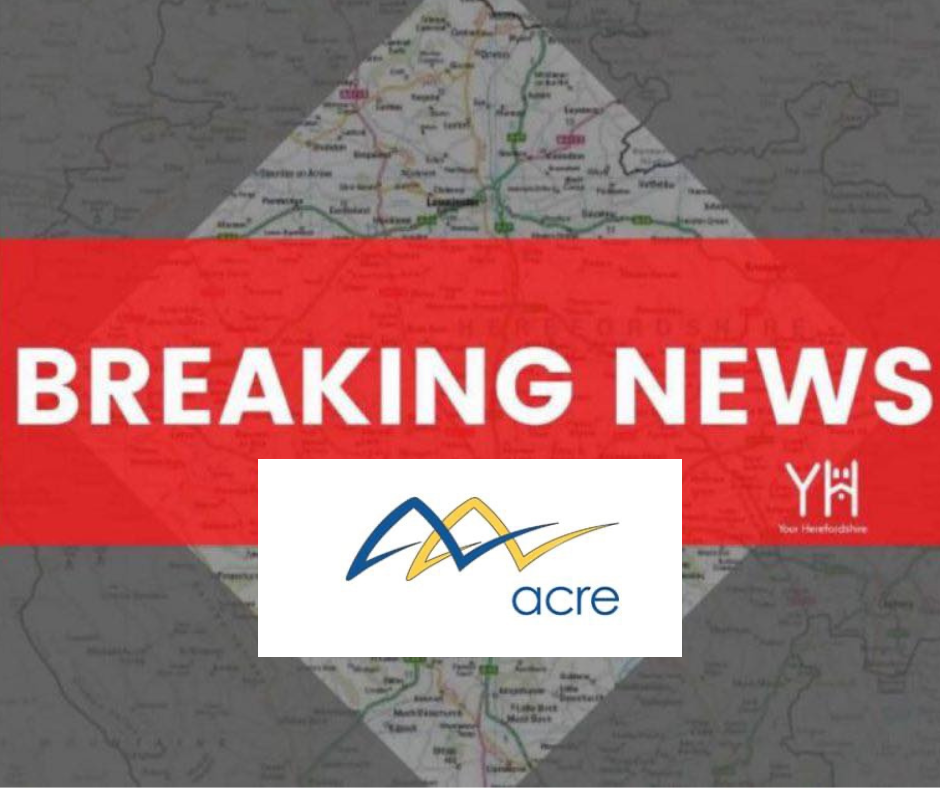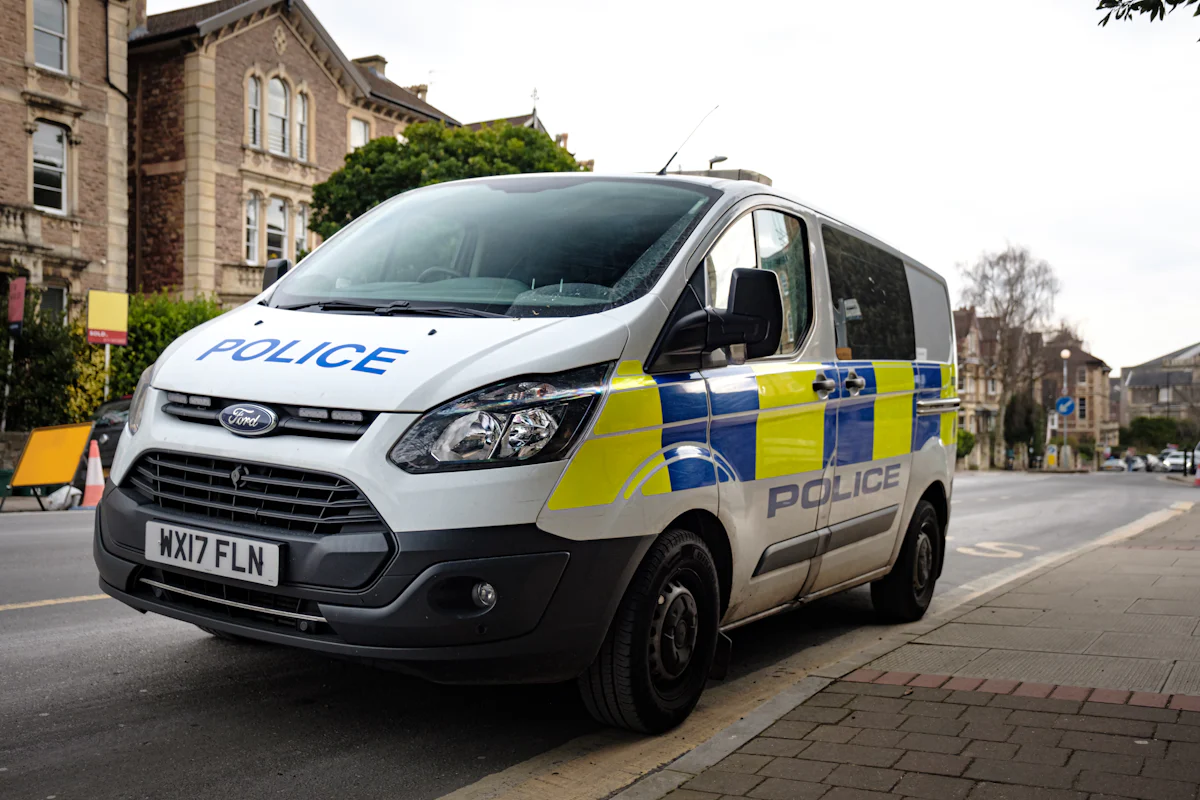The UK Health Security Agency (UKHSA) has published its second technical briefing on the ongoing monkeypox outbreak. The briefing shares UKHSA analyses with public health investigators and academic partners.
The latest epidemiological data, findings from interviews with patients and preliminary analyses are included to understand how the outbreak is evolving and to inform timely and effective public health interventions.
Investigations and modelling continue to show that the outbreak is growing and cases remain primarily in gay, bisexual, or men who have sex with men (GBMSM), within interconnected sexual networks.
UKHSA continues to work with partners including the Terrence Higgins Trust, Stonewall and the GBMSM community to raise awareness of the signs and symptoms of monkeypox. The LGBT Consortium and Pride organisers across the UK have been encouraged to help share public health messaging during Pride month.
79% of England cases are known to be London residents and 99% of all confirmed cases are male, with 5 confirmed female cases. The median age of confirmed cases in the UK was 37 years old.
Of the 813 cases identified in England up to 22 June, 321 (39.5%) had enhanced surveillance questionnaires. The majority (96%) of cases were GBMSM, with further data to indicate transmission is occurring in some sexual networks both internationally and domestically.
Cases frequently reported history of a sexually transmitted infection (STI) in the last year (54.2%) and 10 or more sexual partners in the last 3 months (31.8%). Existing links between cases and sexual health services will be used to identify those at highest risk who are eligible for pre-exposure vaccination.
Dr Meera Chand, Director of Clinical and Emerging Infections, UKHSA said:
“If you’ve recently had new or multiple sexual partners, please be vigilant to the symptoms of monkeypox. Currently the majority of cases have been in men who are gay, bisexual or have sex with men. However, anyone who has had close contact with an individual with symptoms is also at increased risk.
“If you are concerned that you may have monkeypox, don’t go to events, meet with friends or have sexual contact. Instead, stay at home and contact 111 or your local sexual health service for advice. Please contact the clinic ahead of your visit and avoid close contact with others until you’ve been reviewed by a clinician.
“To assist with our contact tracing, we encourage everyone to ensure they exchange contact details with sexual partners, to help us limit further transmission where cases occur.
“We are grateful to all those who have come forward for testing and who help us understand the outbreak through participating in studies and investigations.”
UKHSA will continue to publish regular technical briefings as the response to the outbreak continues.




